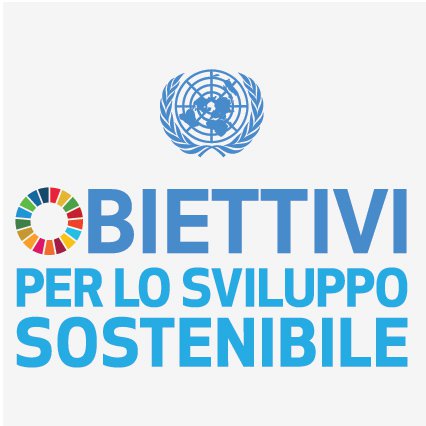The ILO at Work: Results 2014-2015
Gearing up for 2030
The ILO's updated Development Cooperation Strategy for 2015–17 defines areas where the Organization needs to take action to deliver results on decent work. It reflects recent developments in international development thinking, including the Third International Conference on Financing for Development (Addis Ababa, July 2015) and the 2030 Sustainable Development Agenda.

In September the United Nations unanimously adopted the most ambitious programme for world socio-economic development ever. The 17 Sustainable Development Goals (SDGs) embody all aspects of the Decent Work Agenda across several dimensions. The fresh landscape for development cooperation offered by the SDGs with their extensive inclusion of decent work concerns calls for a more flexible, efficient and responsive approach by all concerned. Various efforts are under way in the ILO to streamline its operations and maximize on its comparative advantage and capacities.

Together, these three landmarks will shape international cooperation for the foreseeable future.